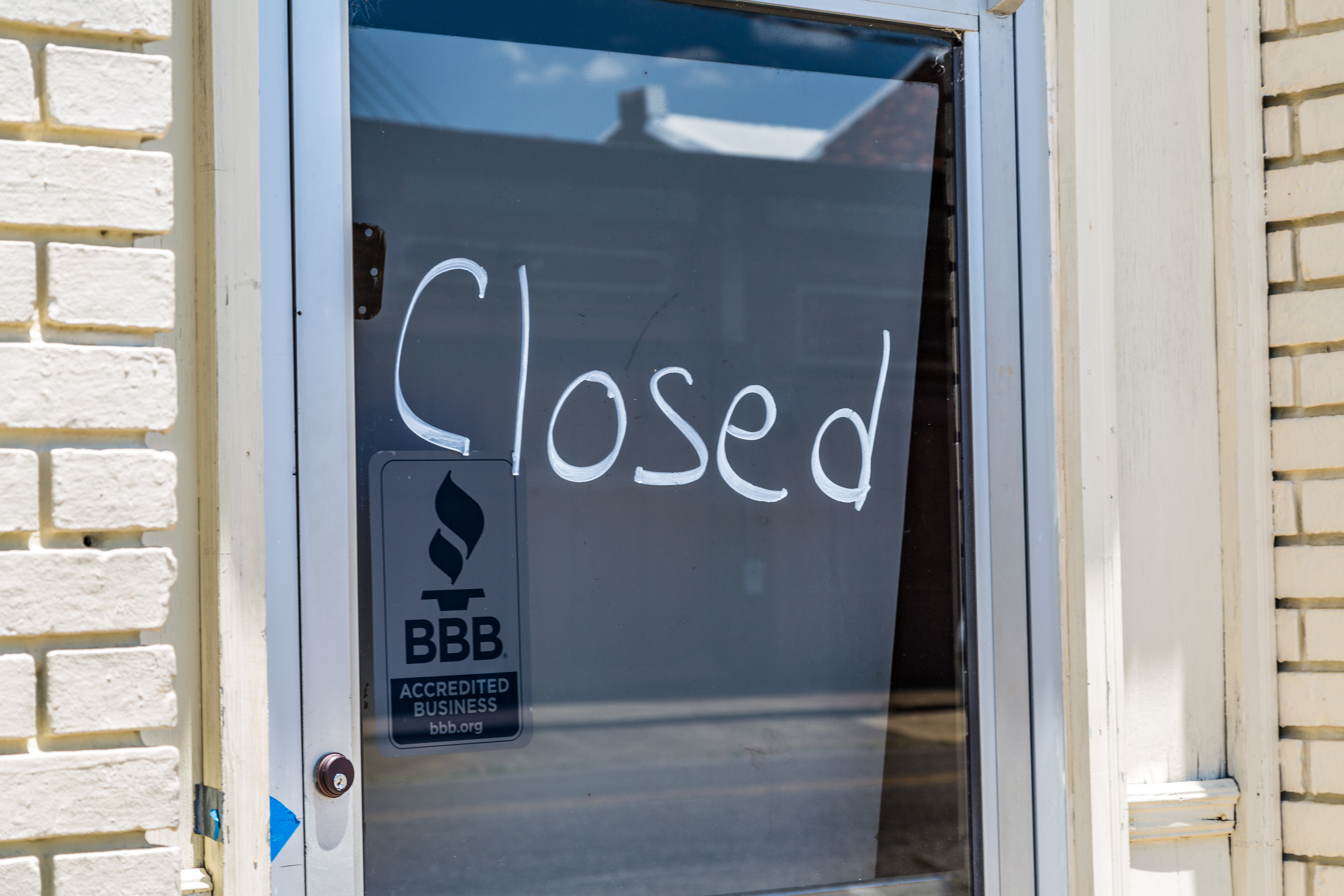Author: Stephanie MacGillivary
-
New Hampshire’s stay-at-home order to expire on June 15

On June 11, Gov. Chris Sununu (R) announced that New Hampshire’s stay-at-home order will expire on June 15 at 11:59 p.m. When the order lifts, the following businesses are permitted to reopen: amateur sports, bowling, arcades, laser tag and billiard halls, charitable gaming, gyms and fitness centers (50% capacity), libraries, motorcycle rides, museums and art…
-
Hawaii governor extends travel restrictions for international and out-of-state travelers

On June 10, Hawaii Gov. David Ige (D) extended the state’s mandatory 14-day quarantine for those traveling to Hawaii from international or out-of-state locations through the end of July. Beginning June 16, the Hawaii National Guard will check passengers’ temperatures arriving through Daniel K. Inouye International Airport. Each passenger will also need to have their…
-
Florida Supreme Court extends suspension of jury trials through July 17

On June 8, Florida Supreme Court Chief Justice Charles Canady issued an order extending the suspension of civil and criminal jury trials through July 17. Jury trials were first suspended on March 13. The court subsequently extended that order, first through April 17, then through May 29, and again through July 2. Ballotpedia is tracking…
-
November 4, 1918 – “Influenza Eliminates Election Service; Calls on Telephone Are Taboo”
On November 4, 1918, The Long Beach Press published an article titled “Influenza Eliminates Election Service; Calls on Telephone Are Taboo.” The article discussed how “The Press” would not announce election returns due to restrictions placed during the influenza pandemic, a first in the paper’s history. “The Press will not announce election results in any…
-
Pennsylvania Gov. Tom Wolf announces stay-at-home order to end June 4
On June 3, Pennsylvania Gov. Tom Wolf (D) announced that he would let the state’s stay-at-home order expire on June 4 at 11:59 p.m. There are currently 10 red-phase counties under the stay-at-home order. Wolf announced on June 3 that those counties could move into the yellow-phase on June 5. When that happens, all counties…
-
Oklahoma moves into Phase 3 of reopening plan today
Oklahoma entered Phase 3 of Gov. Kevin Stitt’s (R) “Open Up and Recover Safely” plan on June 1, 2020. Church and school summer camps may open, businesses may resume unrestricted staffing at worksites with social distancing and sanitation measures, and businesses that were operating by appointment only may accept walk-ins. Residents are encouraged to minimize…
-
Federal judge issues order regarding inmate releases at federal prison in Ohio
On May 19, U.S. District Court Judge James Gwin for the Northern District of Ohio ordered the Bureau of Prisons to expedite the release of 837 medically vulnerable inmates in Ohio’s Elkton Federal Correctional Institute through home confinement or compassionate release due to the coronavirus pandemic. In his order, the judge cited “poor progress in…
-
New Mexico governor issues modified stay-at-home order, allows most retail to reopen May 16
On May 14, 2020, New Mexico Gov. Michelle Lujan Grisham (D) announced during a news conference that the state’s stay-at-home order would be extended through May 31 but most retailers and places of worship would be allowed to reopen on May 16. That day, smaller retailers, offices, and call centers can reopen at 25 percent…
-
Federal Judge issues order regarding inmate releases at federal prison in Danbury, Connecticut
On May 12, 2020, U.S. District Court Judge Michael Shea for the District of Connecticut issued an order directing officials at the federal prison in Danbury to identify inmates with health conditions that make them vulnerable to the coronavirus and to provide a list to the court in about 13 days. The order follows a…
-
Maryland courts set tentative reopen date
On May 7, Chief Justice for the Maryland Court of Appeals Ellen Barbera announced that courts in the state could begin to reopen on June 8. Barbera told lawmakers during a Maryland State Senate hearing, per an article from, “Even if that day holds, I can assure you, this does not mean that Monday, June…

